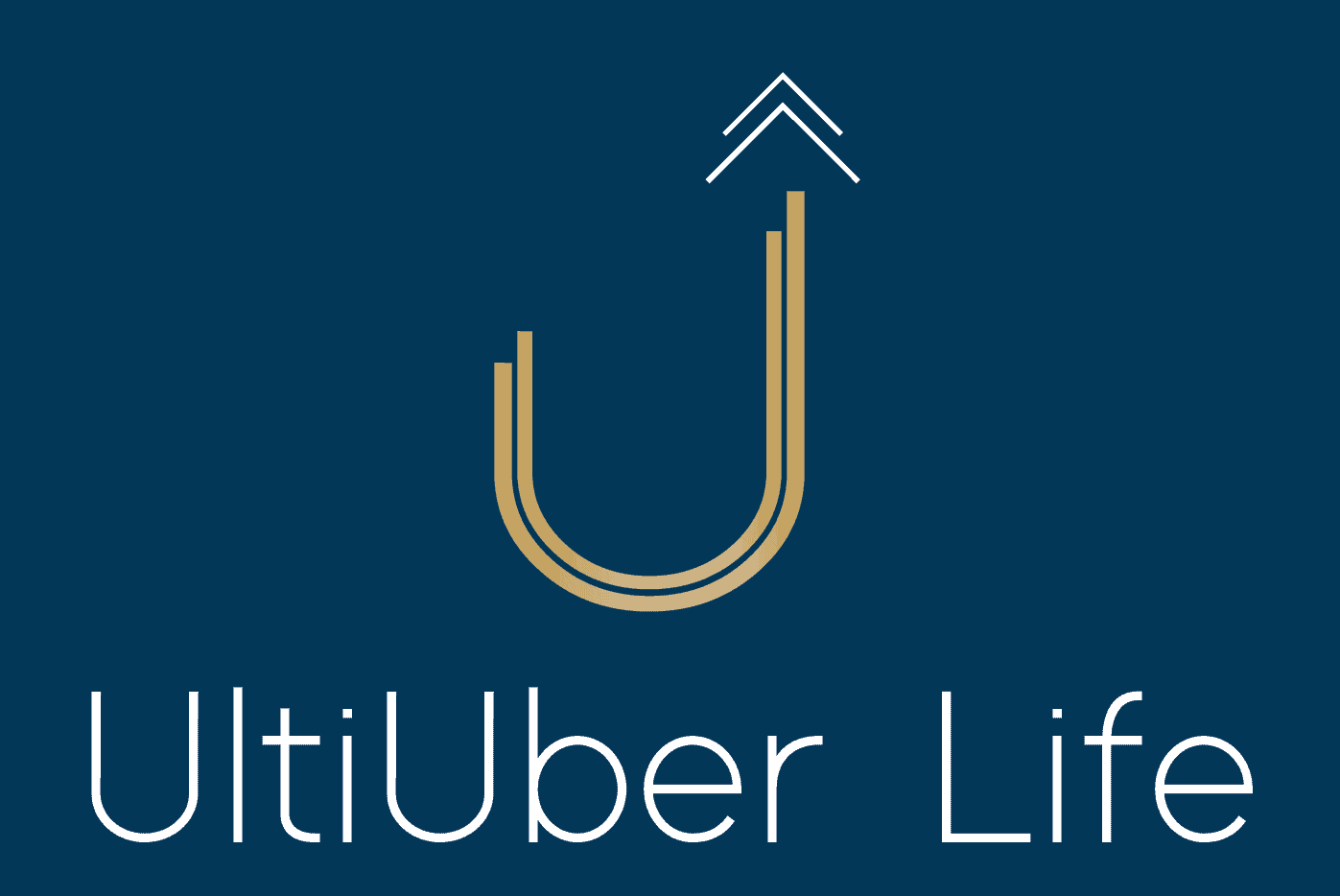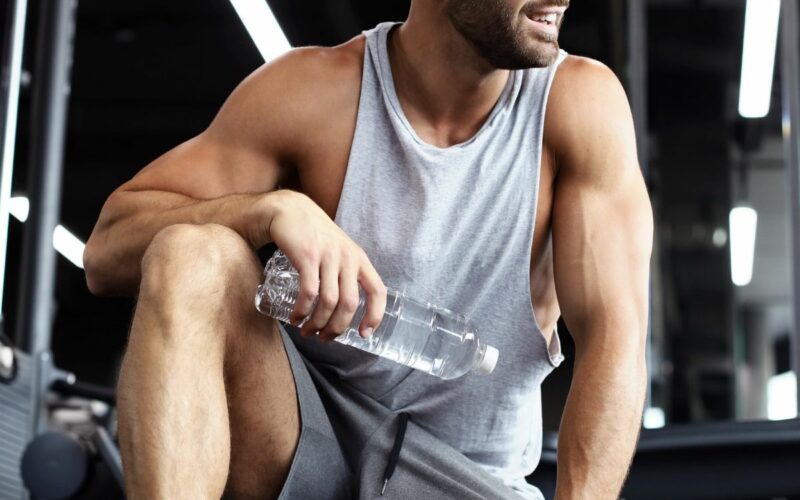“No pain, no gain,” you grunt to yourself as you sprint onto your community soccer field, your local baseball field, or your office’s volleyball league court. You have three goals—have fun, smoke the competition, and get in the best shape of your life—and you aren’t going to let anything stop you.
That is, until you wake up the next day unable to move, knowing you have to do it all again.
Let’s face it: we love sports, but no one is thrilled about the achy part. Fortunately, our tips for coping with muscle soreness as an athlete will help you take the field despite the aches and pains.
Recognize the Type of Soreness
Pain is to be expected when you’re out there moving your body. But not all pain is good, and it’s important to recognize the source of your muscle pain so that you know how to deal with it.
As an athlete, you may experience pain from two sources:
- Delayed-onset muscle soreness (DOMS): A natural part of muscle growth that will go away over time
- Injuries: Including repetitive stress injuries
If your source of pain is the former, the muscle pain you’re experiencing is normal, and it’s just a matter of working through it. If it’s the latter, you’ll want to avoid pushing yourself too hard and take some time away from the court or field.
Sometimes telling the difference between an injury and normal soreness can be difficult. Remember, injuries will cause much sharper pain that will linger for several days. If you aren’t sure, stay off your feet and see your physician.
Adjust Your Diet
A slew of microscopic tears in your muscle fibers causes DOMS, and as we said, these will heal on their own. However, you can help the process along by eating the right things, including:
- Tart cherries
- Eggs
- Whole grains
- Nuts
- Legumes
- Ricotta cheese
Additionally, drinking plenty of water will speed up your recovery period by helping your body remove toxins. It will also help you endure greater levels of pain.
If you want to increase your soreness-busting food’s soreness-busting powers? CBD is known to relieve chronic pain, so mixing it into your meal is a good call for athletes.
Try an EMS Treatment
The idea of using electrotherapy may seem extreme, but giving your muscles a little shock is far less alarming than it sounds.
Electrical muscle stimulation (EMS) involves simply placing specially made electrodes attached to a machine on places of need on the body. The treatment both relieves muscle pain and strengthens muscles so that they can endure more.
Pain is part of the process of getting stronger, which means that finding ways to cope with muscle pain as an athlete is essential. Before you know it, you’ll have the gains to go with it.

